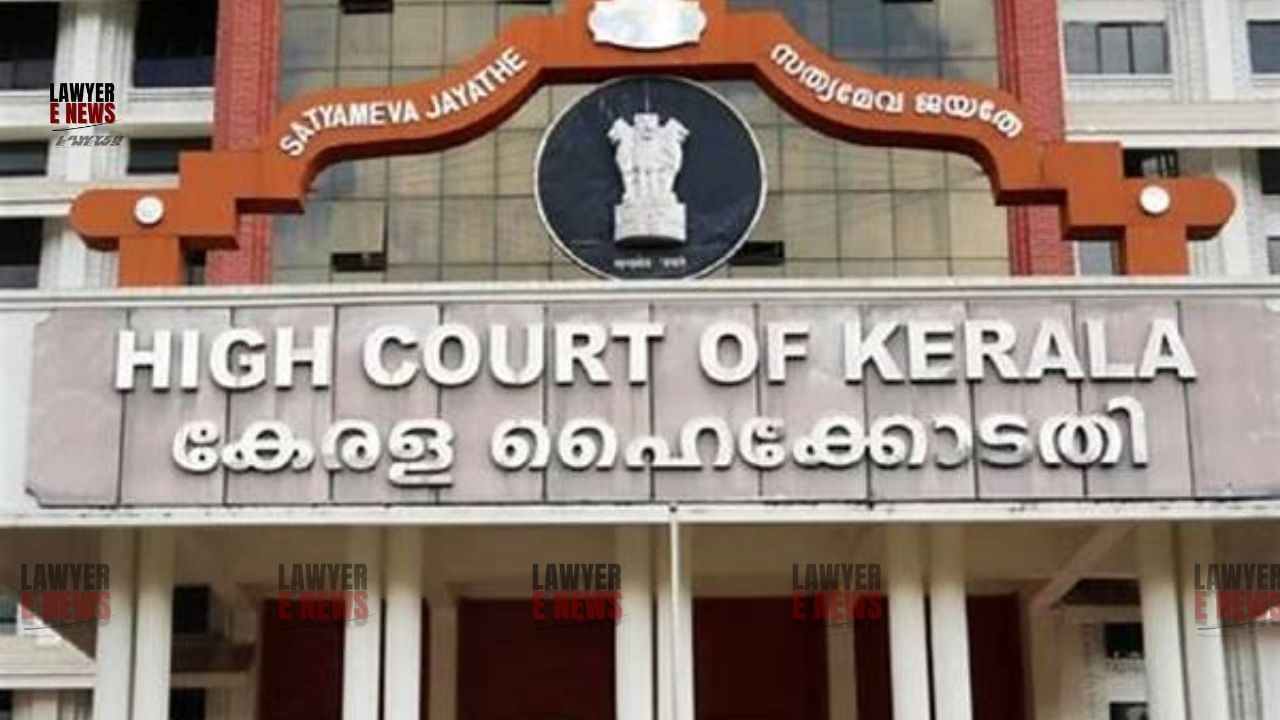-
by Admin
15 February 2026 5:01 PM



The case involves a dispute over property boundaries and title between two parties, leading to two suits being filed in the Munsiff Court, Adoor. The petitioners, C.K. Omana and P.V. Linukumar, are defendants in O.S. No. 525 of 2012 and plaintiffs in O.S. No. 70 of 2013, while the respondents, Rajan Pillai and Revamma, are on the opposing sides in the respective suits. The cases were consolidated for joint trial, with a commissioner appointed to inspect the property and file a report. Discontent with the initial surveyor, the petitioners sought a replacement, leading to procedural complications and delays.
Justice Edappagath highlighted the critical need for accurate property identification in cases involving boundary disputes. "The appointment of a commissioner for proper identification of the property is absolutely necessary for resolving the dispute between the parties," the court stated.
The petitioners filed I.A. No. 1/2020 to change the surveyor initially appointed. The trial court allowed this application without hearing the respondents, who then successfully sought a review. Despite the review application being allowed, the trial court did not issue a final order on I.A. No. 1/2020 and proceeded to list the suit for trial. The High Court noted that the trial should not proceed without resolving the application regarding the surveyor.
Justice Edappagath set aside the Munsiff Court's order listing the suit for trial, directing that I.A. No. 1/2020 be disposed of within two weeks after hearing both sides. "Since the commissioner did not file the final report, the trial court ought not have listed the suit for trial," the judgment emphasized. The trial court was instructed to resolve the interlocutory application and then proceed with the trial.
The High Court's decision hinges on ensuring procedural fairness and thoroughness in judicial processes, particularly in property disputes where precise identification and documentation are crucial. By mandating the disposal of interlocutory applications prior to trial, the court aims to prevent premature trials that might overlook critical evidentiary and procedural issues.
Justice Edappagath remarked, "The trial court ought not have listed the suit for trial without resolving the application regarding the surveyor. Proper identification of the property is indispensable for a fair adjudication."
The High Court's directive reinforces the judiciary's commitment to procedural integrity, particularly in complex property disputes. This judgment is expected to serve as a precedent, ensuring that trial courts adequately address interlocutory applications before proceeding to trial, thereby safeguarding the rights and interests of all parties involved.
Date of Decision: June 6, 2024
